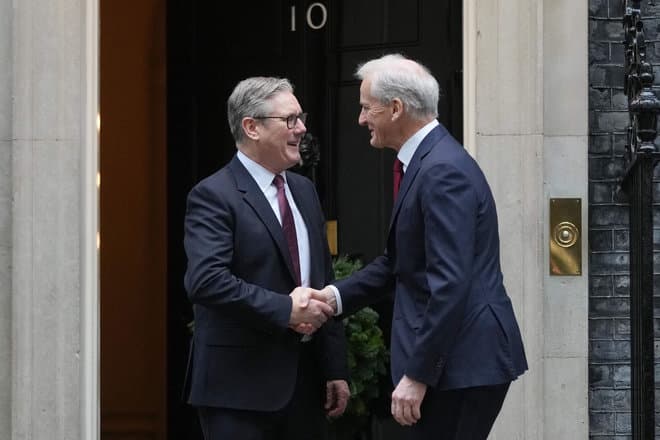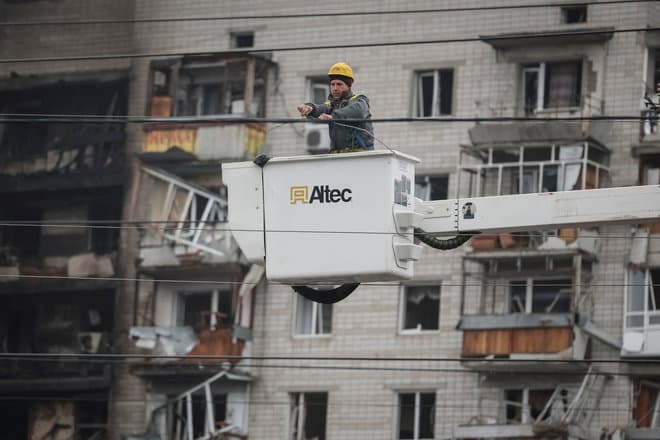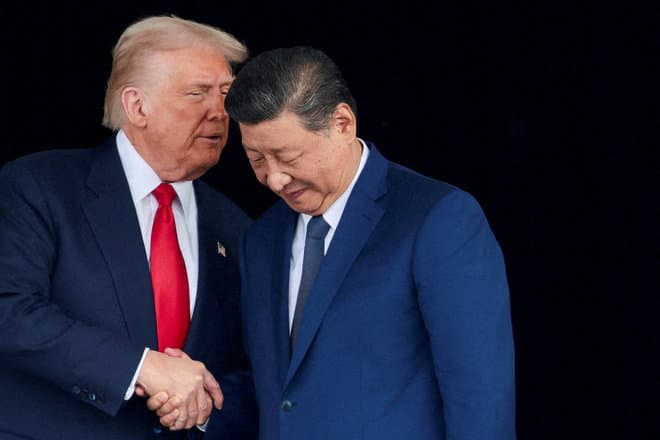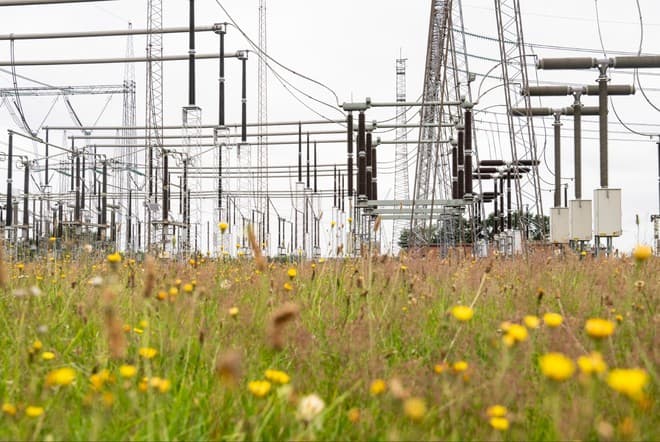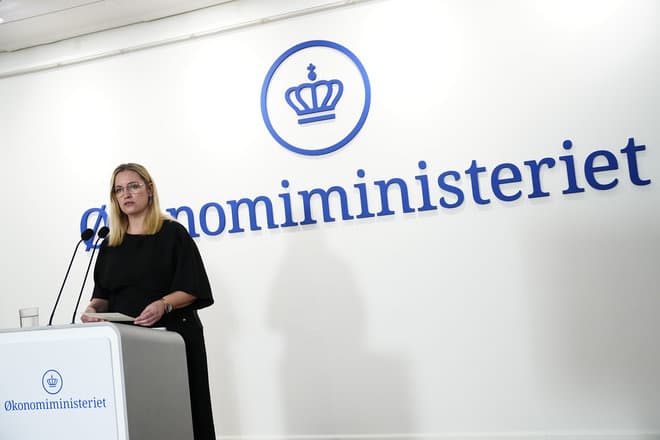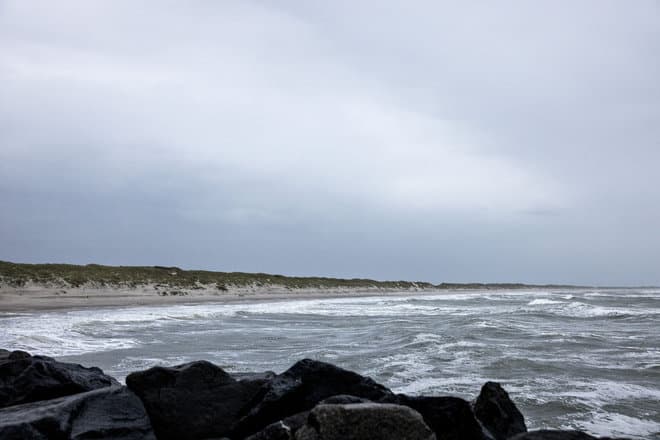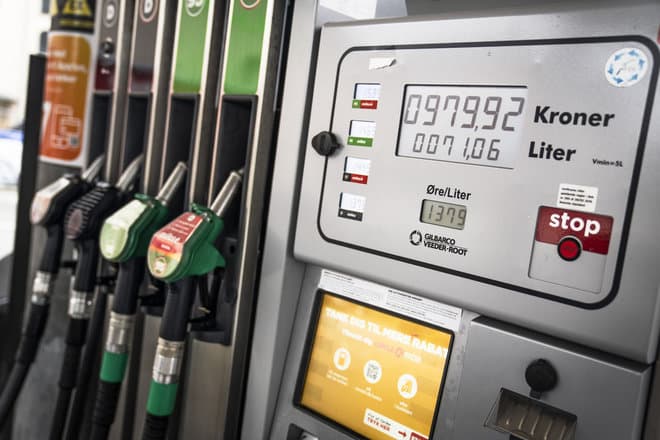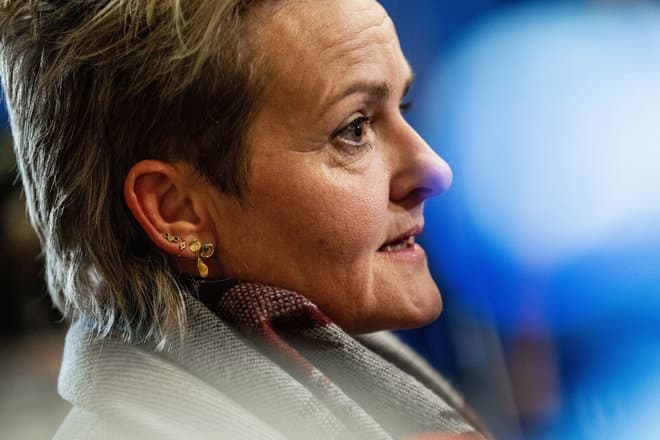
It may seem a bit paradoxical that the reopening of the Tyra field in the North Sea is being marked with a ceremony in Esbjerg on Monday. At least since it has been decided to make Denmark completely free of coal, oil and gas from 2050.
But there will still be a need for gas from the North Sea for some time to come. If not here, then elsewhere, explains Martin Næsby, director of the Danish Offshore industry association.
- Europe has a huge need for gas, not just in the next five to ten years, and we can help to cover that, so less liquid gas will have to be imported from, for example, the USA and Qatar - or natural gas from Russia. And it is more climate-friendly to pump the gas in from the North Sea than to transport it in liquid form by tankers from afar, says the director.
The Tyra field was originally inaugurated in 1984, but over time the seabed has subsided, and therefore in 2017 it was decided to renovate the installations for safety reasons.
The Covid 19 pandemic and subsequent logistical problems meant that the new Tyra field did not come into operation until March 2024. It is now up to around 90 percent of the expected maximum production of 2.8 billion cubic meters. This corresponds to well over double Denmark's current gas consumption.
Professor: Reducing reduces dependence on liquefied natural gas
If you ask Brian Vad Mathiesen, a professor of energy planning at Aalborg University, the outcome of the discussion about renovating the Tyra field would probably have been different if it had taken place today.
- Back then, the public debate was in a different place, and today people would probably think that it is far more important to invest in reducing our gas consumption further than spending manpower and money on creating new fields.
- But conversely, you must also say that now that we have something that reduces our dependence on liquefied natural gas and contributes to European security of supply, it is good to get something extra out of what we already have, and then otherwise look ahead, he says.
The gas from the Tyra field can either be sent to the Danish mainland via a gas pipeline to Esbjerg, or it can be sent south via the so-called Nogat pipeline, which goes ashore at Den Helder in the Netherlands.
Formally, it is the Danish Underground Consortium (DUC) that has the rights to expand oil and gas in the North Sea. DUC is owned by the Danish state, Bluenord and the energy company Total Energies, whose subsidiary Total E&P Danmark is responsible for the practical task of pumping oil and gas out of the underground.
Total E&P Danmark was called Mærsk Oil until 2017 and was owned by the A.P. Møller-Mærsk Group.
/ritzau/
Text, graphics, images, sound, and other content on this website are protected under copyright law. DK Medier reserves all rights to the content, including the right to exploit the content for the purpose of text and data mining, cf. Section 11b of the Copyright Act and Article 4 of the DSM Directive.
Customers with IP agreements/major customer agreements may only share Danish Offshore Industry articles internally for the purpose of handling specific cases. Sharing in connection with specific cases refers to journaling, archiving, or similar uses.
Customers with a personal subscription/login may not share Danish Offshore Industry articles with individuals who do not themselves have a personal subscription to Danish Offshore Industry.
Any deviation from the above requires written consent from DK Medier.




